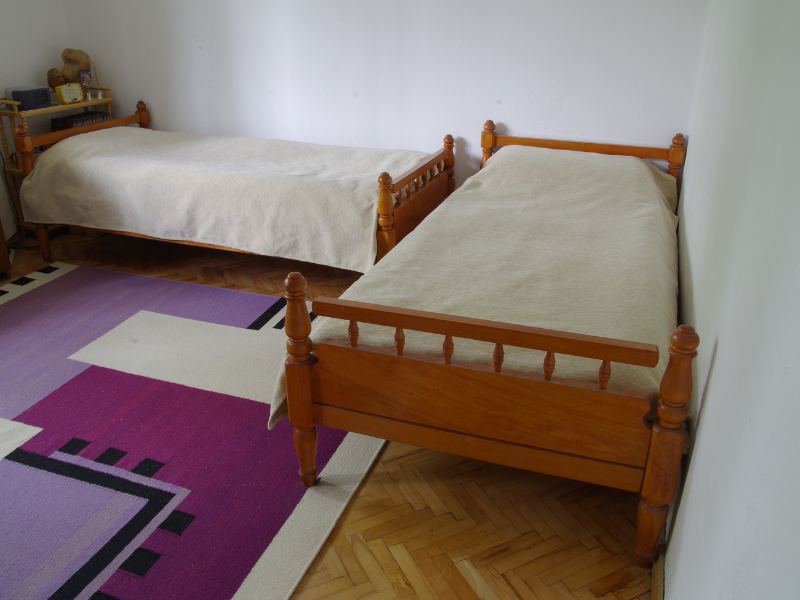The shortage of student housing in Toronto has generated some interesting ideas from creative landlords. One in particular made the news recently for converting their Scarborough bungalow into a makeshift student dorm where renters share private bedrooms, the kitchen, and the bathroom.
It might be similar to the situation in a university-run residence, and cash-strapped students may be desperate enough to stomach sharing with strangers, but shared spaces can be a huge headache for both landlords and renters. They have to be carefully managed, with clear rules and boundaries, to keep both parties happy.
Considerations when sharing space
In the Scarborough example, the landlord is careful to mention that the rental will have ‘24 hour surveillance’ and specifies that they’re looking for females only. This is undoubtedly because of security concerns, and it’s a legitimate worry in this situation.
When tenants are tightly packed together, landlords need to think about their safety. While constant camera surveillance raises privacy concerns, you can follow other precautions like asking potential renters for a criminal background check and previous references.
Screening tenants isn’t just about checking that they’re not dangerous of course. You also need to ensure they’re a good fit. In shared rooms, it’s even more important to find roommates who aren’t messy, noisy, destructive, or abrasive. Landlords are usually preoccupied with ensuring their tenants will pay the rent on time but, in these cases, they need to go further and ask, will they gel well with my other tenants? Do they have any worrisome habits? Will they follow house rules?
Even if you’ve gone to great lengths to find the perfect mix of tenants, bear in mind that disputes are practically inevitable in a dorm-like environment. There won’t always be harmony in the house. In cramped conditions tempers fray, annoying habits creep in, and arguments start.
If your tenants can’t resolve issues among themselves, you may need to get involved but remember to stay detached and diplomatic – you’re their landlord, not their parent.
The case for shared rooms
Students generally aren’t known for their high standards, especially when it comes to their living conditions. Many expect to share when they make the transition to college as that’s the norm for most on-campus housing.
So students will be more flexible than ‘regular’ tenants, giving landlords a little leeway to mix things up – provided they don’t take advantage of their tenants willingness to rough it and prioritize their rent cheque over their comfort.
If the rooms are large enough, and appropriately divided, landlords do have an opportunity to double their rental income. If taking that approach, consider enlisting the services of a property management company to help vet, screen, and manage tenants. With someone else taking on the hassle of tenant negotiations, property maintenance, and regulatory compliance, landlords can enjoy complete peace of mind while earning passive income.
Reach out to the team at Highgate Property Management to get started. Our experienced professionals have helped hundreds of GTA property-owners make the most of their investment, providing tenant management services, property maintenance, inspections, rent collection, and more. Contact us today!




